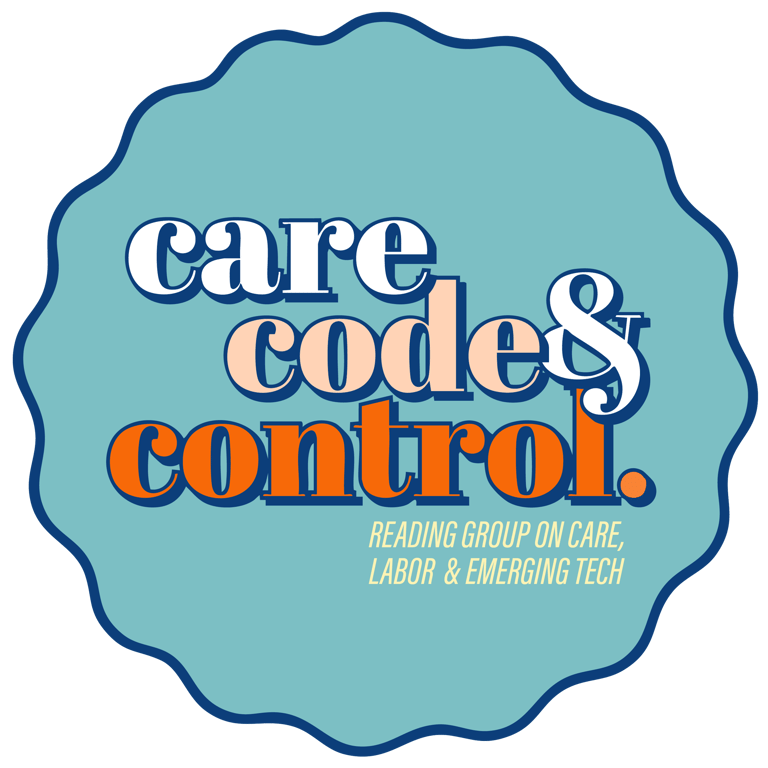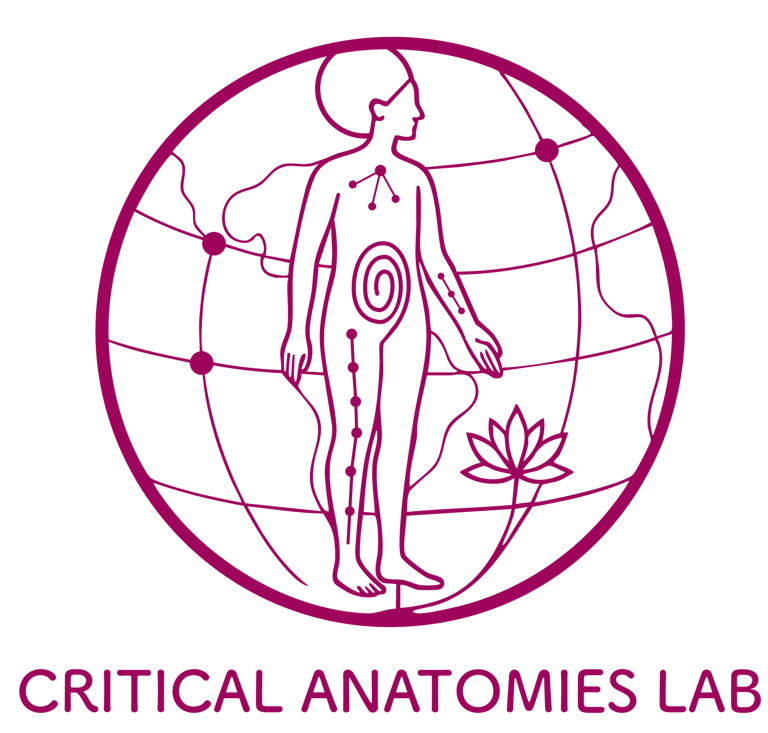

Technologies have always mediated how we see and understand bodies. Moreover, technological systems have created body standards, and aided in the construction of gender and gendered relations. As technologies enter medical and healing spaces, they play a crucial role in how expertise is performed, hence contributing to shaping the accessibility, affordability, and quality of healthcare for individuals and communities.
Today, emerging technologies like robots, AI-assisted care, gig work, biomedicine etc, are not only changing how care is delivered, but also reshaping and reconfiguring labor relations of care. In the name of increasing access to high-tech solutions and reducing the labor burden for caregivers, new business ecosystems are altering and shifting social and economic relations. Who is accessing care, and who is benefiting from the ecosystem of healthcare technology design?
Care, Code & Control is a creative intervention at the intersection of design and the social studies of technology. We host a reading group focused on understanding the cultural and political roles of emerging technologies in the context of health and wellbeing, with a special interest in labor relations, and the conception and valuation of bodies. We also do projects.
THE READING GROUP
The reading group departs from the fields of Feminist Science and Technology Studies, and Media Studies, as a bridge to inform Design and creative practices.
We aim to build collective analysis and question dominant narratives in technology design. We recognize the power relations embedded in how technologies are produced, disseminated and consumed, and how technological systems often reinforce historical and systemic biases and injustices.
Through collective analysis, we also aim to generate collaborations across disciplines, geographies, and sectors of society, to both systematize the learning gained in conversation, and shape design interventions that depart from a critical study of technological systems.
What do we read in the group?: We understand texts expansively, comprising not only academic literature, but also short films, artworks or sound pieces. We prioritize works by women, BIPOC, and other underrepresented identities in the construction of academic knowledge.
Who is organizing this space?: The reading group is a collaborative effort between two Latina scholars (Catalina Alzate and Angelica Martinez) who have been studying the impact of emerging technologies in wellbeing through academic writing and creative interventions.
In 2025-2026, we are focusing on the connections between care/healing, design and indigenous knowledge, moving into ecological medicine and technologies for care and healing.
When and where?: Our next meeting is on February 13th, 2026, 11:00am CST in Zoom
Material will be available to participants via email.
FAQ
What happens if my cat eats the text and I can't read it for the session?: We will be more worried about the cat than about your ability to participate. You are welcome to join and listen to the conversation, and/or contribute with your ideas, opinions and questions, even if you didn't get the chance to read the text.
